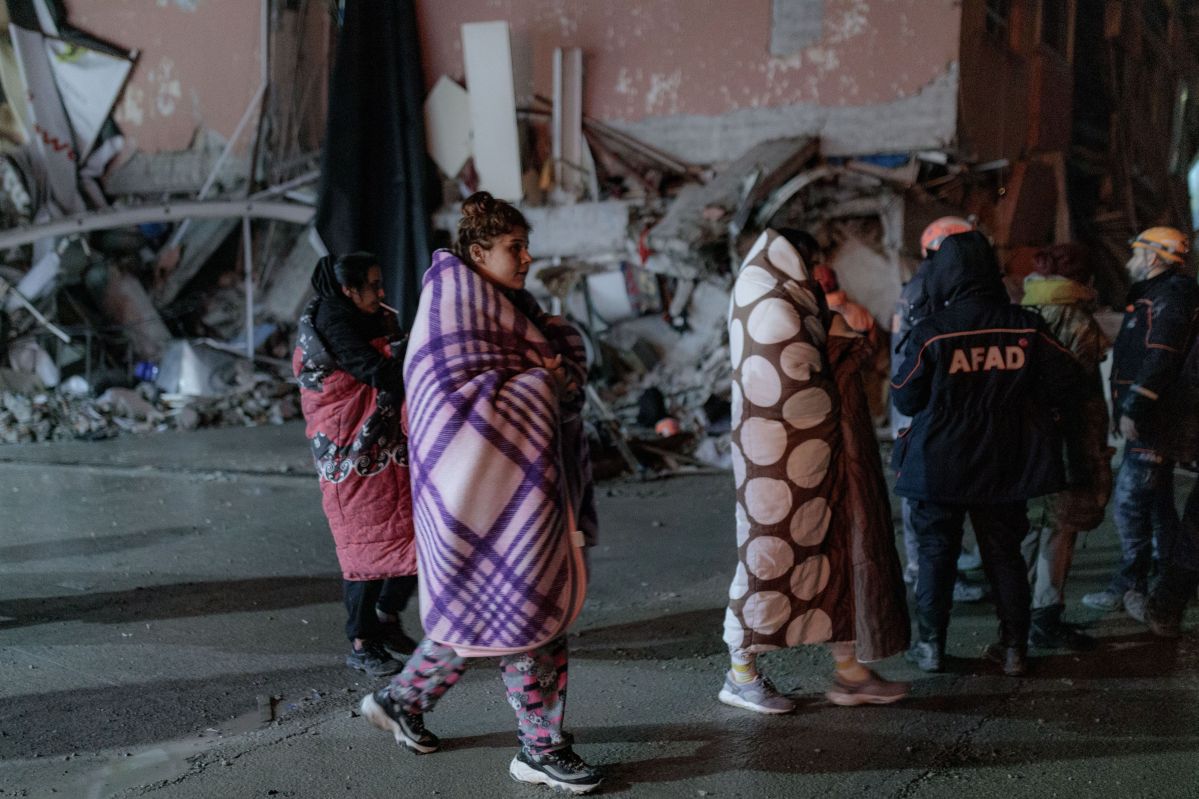Time is critical. Thousands of children and families are at risk after two devastating earthquakes and dozens of aftershocks hit the Turkiye-Syria border.
Displaced families in these regions are among the most vulnerable as overnight temperatures continue to dip below 0° Celsius. These people have nowhere to go, and the freezing winter temperatures pose an additional challenge to their survival. They are in urgent need of shelter, safe drinking water, and hygiene essentials.
We urgently need your support to respond to the needs of children affected by this earthquake. Please make an urgent donation.
“Thousands of homes have been destroyed, displacing families and exposing them to the elements at a time of year when temperatures regularly drop below freezing and snow and freezing rain are common." - James Elder, UNICEF Spokesperson
We can’t afford to wait, and we urgently need your support to reach children. Please make an urgent donation today.
UNICEF continues to work closely with the government and partners to support relief operations in the region with humanitarian assistance. We have already channeled desperately needed supplies, and are ensuring evacuation to safe spaces for children living in the affected areas.
Your donation can make a huge difference in providing immediate support like hygiene kits, blankets, and winter clothes to children and families in need. Please help now!

Children in blankets after the earthquake in İskenderun, Türkiye on 6 February 2023.
Help UNICEF reach more children in need
Thousands of homes are likely to have been destroyed, displacing families and exposing them to the elements at a time of year when temperatures regularly drop below freezing and snow and freezing rain are common. Heavy snowstorms have also recently hit parts of the region, with further sub-zero temperatures forecasted.
In Türkiye, efforts are currently focused on search and rescue and UNICEF is coordinating with the Government, and the Disaster and Emergency Management Presidency on the emerging needs linked to the wider humanitarian response